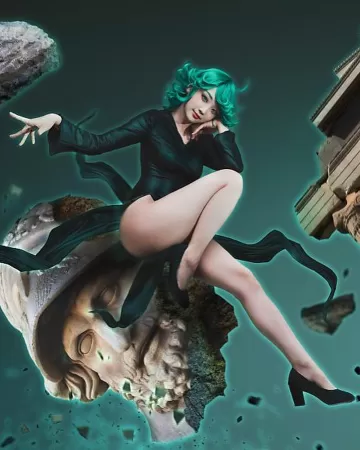
Aza Miyuko Tatsumaki Cosplay
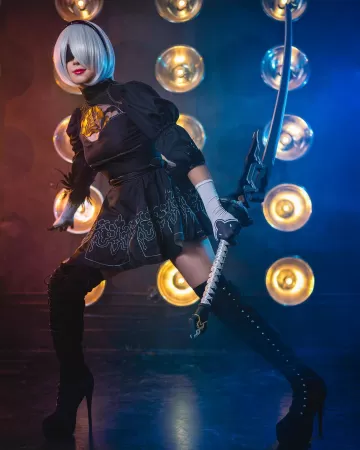
2B Cosplay by Sneaky

Vanilla cosplay by Sneaky

Olga Discordia cosplay by Azami san

misaki cosplay from dead or alive by azami san

Tifa lockhart cosplay by shirogane sama

Lifeguard Asuka coaplsy by shirogane sama

Jolyne coaplay by shirogane sama

Hermione cosplay by shirogane sama

jolyne cujoh cosplay by shirogane sama
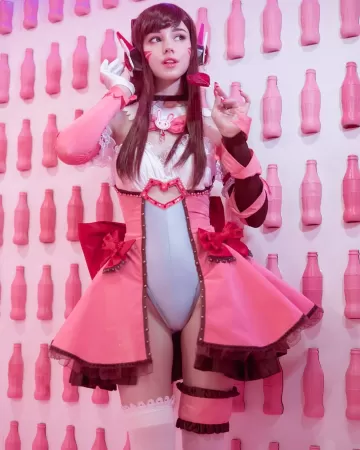
D.Va cosplay by shirogane sama
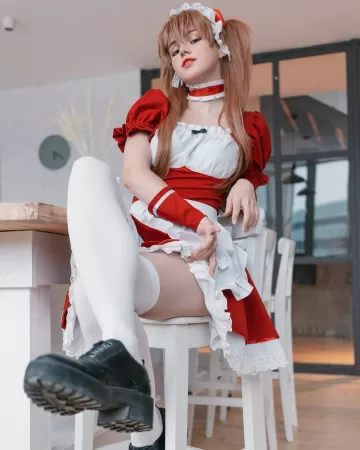
Asuka cosplay by shirogane sama

Ariel cosplay By shirogane sama

Cirilla cosplay by shirogane sama

Harley Queen Coaply By Shirogane Sama
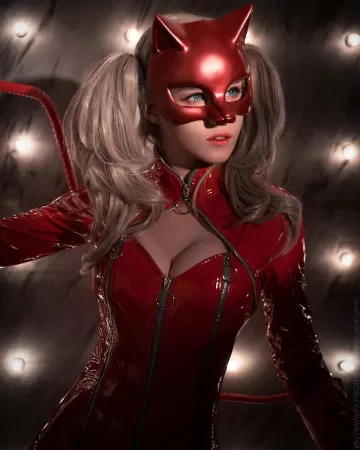
Ann takamaki cosplay by shirogane sama

Sakura Haruno cosplay by shirogane sama

Trish Una Cosplay By shirogane sama

Harley cosplay by shirogane sama

Asuka Langley Soryu Cosplay By shirogane sama

Bunny Bulma cosplay by vixencecos
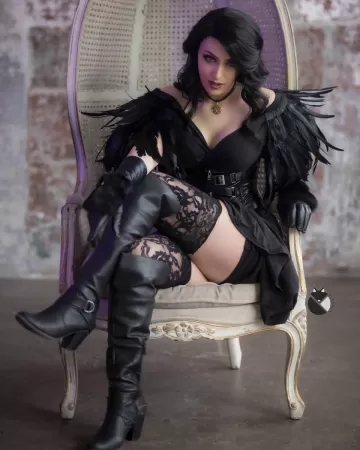
Yennefer cosplay by vixencecos

Sucker Punch cosplay by vixencecos

Blackcat cosplay by vixencecos
Cosplay a portmanteau of the terms costume play, is an art of entertainment in which participants called cosplayers (e.g. Jessica nigri & liz catz) wear costumes and fashion accessories to portray a specific character.
Sometimes, cosplayers collaborate to create a subculture, and a wider use of the word "cosplay" refers to any costumed role-playing in venues other than the stage. Every object that lends itself to dramatic interpretation can be taken up as a subject and gender swapping is not uncommon. Popular examples include anime, comics, comic books, novels, TV series, and video games.
Since the 1990s, the rapid growth in the number of people cosplaying as a hobby has made the practice an important feature of popular culture in Japan and other parts of Asia and the Western world. Cosplay activities are common features of fan conventions and there are also dedicated conferences, local and international tournaments, as well as social networks, blogs, and other types of cosplay-centered media.
In 1984, the word "cosplay" was coined in Japan. It was influenced by and developed out of the tradition of fan costuming at science fiction conventions, beginning with Morojo's "futuristic usages" created for New York City's 1st World Science Fiction Convention in 1939.
The word "cosplay" is a Japanese portmanteau of costume and play, the English words. The term was coined by Studio Hard's Nobuyuki Takahashi after attending the 1984 World Science Fiction Convention (Worldcon) in Los Angeles and seeing costumed fans, about which he later wrote in an article for My Anime, a Japanese magazine. Instead of using the current version of the English term "masquerade," Takahashi decided to coin a new phrase, because that translates into Japanese as an "aristocratic mask" that did not match his Worldcon experience.The coinage reflects a traditional abbreviation system in Japan where the first two moras of a pair of words are used to form an independent compound: ' costume ' becomes kosu and ' play ' becomes pure .